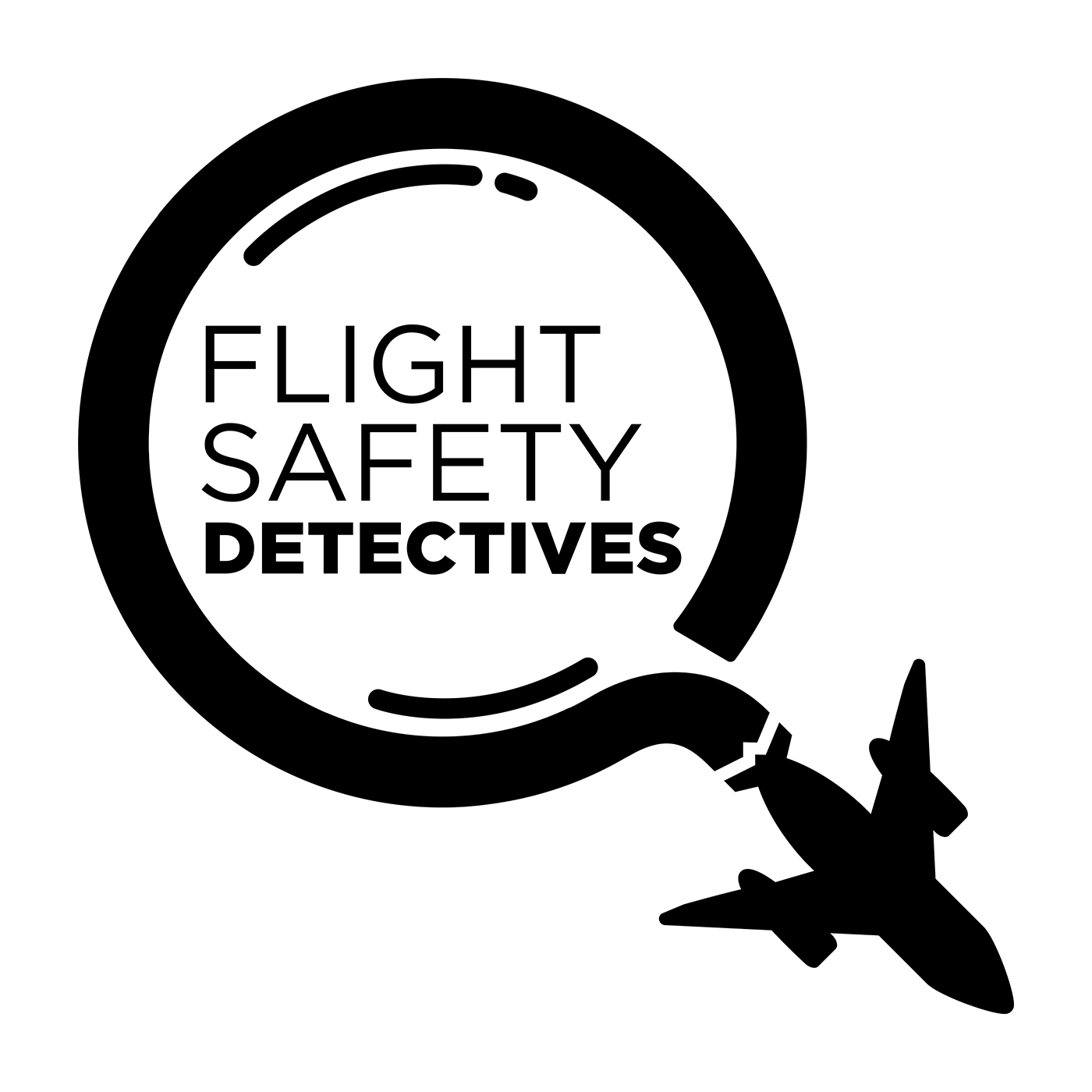
933.4K
Downloads
188
Episodes
World-renowned aviation-industry consultants and former NTSB investigators John Goglia and Greg Feith have 100 years of worldwide aviation safety experience between them. In this hard-hitting podcast series they talk about everything aviation -- from the behind-the-scenes facts on deadly air crashes to topics of interest such as tips and tricks for navigating through airports and security, traveling with infants and children, unruly passengers, and packing your bags to ease through security.
World-renowned aviation-industry consultants and former NTSB investigators John Goglia and Greg Feith have 100 years of worldwide aviation safety experience between them. In this hard-hitting podcast series they talk about everything aviation -- from the behind-the-scenes facts on deadly air crashes to topics of interest such as tips and tricks for navigating through airports and security, traveling with infants and children, unruly passengers, and packing your bags to ease through security.
Episodes
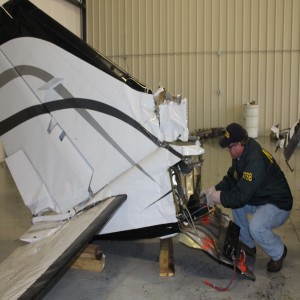
Wednesday Dec 09, 2020
Drugs Impact Aviation Safety and WTF Segment Begins
Wednesday Dec 09, 2020
Wednesday Dec 09, 2020
John and Greg kick off this episode with a new segment – WTF. They talk about several recent accident reports that identify unbelievable neglect of basic safety procedures.
“Stupid or not stupid, all these accidents take a toll on investigators and the people left behind,” John comments. The detectives plan future WTF segments to highlight the things that can and will happen when safety procedures are ignored.
This episode also covers the increasing prevalence of prescription and non-prescription drug use in all areas of aviation. A recent NTSB study of toxicology reports from fatal accidents reveals growing incidences of drug use.
Greg advocates for all pilots to make use of the “I’m Safe” and “Are You Fit to Fly” profile tools offered by the FAA.
Flight Safety Detectives is sponsored by Avemco Insurance. Mention the Flight Safety Detectives podcast and receive a 5% discount!
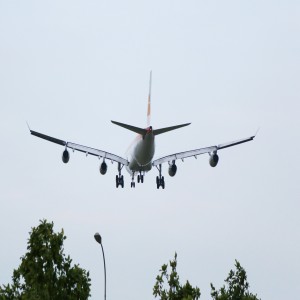
Wednesday Dec 02, 2020
Emergency Response in Aviation - Episode 47
Wednesday Dec 02, 2020
Wednesday Dec 02, 2020
Episode 47
Jump in for a deep dive into emergency response in aviation. All sectors of the industry need to plan and prepare for emergency scenarios like crashes and much more.
Special guest is Mark Dombroff, partner in the Northern Virginia office of Fox Rothschild and co-chair of the firm’s aviation practice.
The conversation covers what goes into an effective emergency response and the importance of regular reviews and exercises. Listen to understand why companies need to have a plan to respond and answer to a range of scenarios worldwide.
They also introduce some industry resources:
- The Aviation Emergency Response Organization (AERO), a non-profit that provides education and events for emergency response professionals from all aspects of the aviation industry worldwide, http://www.aviationemergency.org/
- The annual aviation symposium that will be an all-online event in Feb. 2021, https://plane-lyspoken.foxrothschild.com/2020/11/19/the-2021-aviation-symposium/
Flight Safety Detectives is sponsored by Avemco Insurance. Mention the Flight Safety Detectives podcast and receive a 5% discount!
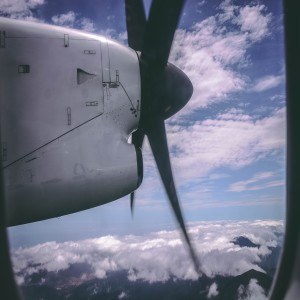
Thursday Nov 19, 2020
Propellers and Air Safety
Thursday Nov 19, 2020
Thursday Nov 19, 2020
Episode 46
Prop strikes are pretty common. Even seemingly minor nicks and gouges can lead to major safety issues.
John and Greg focus on propellers as the “ugly stepsisters” of aircraft maintenance. They dive into an accident involving a LancAir 4P caused when a damaged prop lead to engine failure.
In his years of service as a mechanic, John has seen plenty of engine damage caused by prop strikes. Greg layers in accident investigation work to illustrate just how important propellers are for aircraft safety.
This episode challenges every mechanic and pilot to give more attention to the humble propeller. Any abnormalities are worthy of thorough investigation.
Flight Safety Detectives is sponsored by Avemco Insurance. Mention the Flight Safety Detectives podcast and receive a 5% discount!
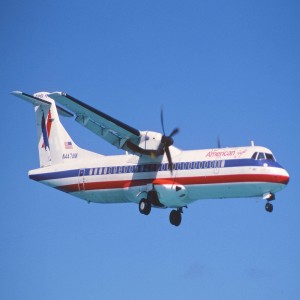
Wednesday Nov 11, 2020
Icing on Aircraft Lessons from the Crash of AE 4184
Wednesday Nov 11, 2020
Wednesday Nov 11, 2020
Episode 45
Weather caused Flight 4182 to be in a holding pattern to land on October 31, 1994. Weather also triggered a fateful series of events that led to the loss of the aircraft and 68 lives.
John and Greg offer a minute by minute analysis of the cockpit voice recorder. They believe this was the event that woke the industry up to the effects of icing on aircraft.
The NTSB accident report focuses on communicating hazardous weather information to flightcrews, Federal regulations regarding aircraft icing, and training for icing events.
The accident is a reminder for pilots as the season of wintry weather conditions approaches. Be present in the cockpit mentally. Push away distractions and focus on the machine.
Flight Safety Detectives is sponsored by Avemco Insurance. Mention the Flight Safety Detectives podcast and receive a 5% discount!
Photo credit: Aero Icarus from Zürich, Switzerland, CC BY-SA 2.0 via Wikimedia Commons

Wednesday Nov 04, 2020
Revisiting the Crash Scene of American Eagle Flight 4184
Wednesday Nov 04, 2020
Wednesday Nov 04, 2020
Episode 44
This episode starts when Greg got the call about the tragic crash of American Eagle Flight 4184. He walks through the first week of responding to the accident scene as the NTSB Investigator in Charge.
Insights:
- First crash site where NTSB biohazard protocols were applied
- How “why” questions lead to thorough on-scene information gathering
- Roles of the various teams and parties involved in the investigation process
- Importance of the field notes process
- The story told by debris patterns
John and Greg share their expertise on the workings of plane de-icing systems. Listeners get an inside look at how weather, aircraft operation and aircraft certification emerged as leading factors in the crash.
Flight Safety Detectives is sponsored by Avemco Insurance, an aviation insurance company that--like the detectives--values training and safety as means to ensure safe flying for all.
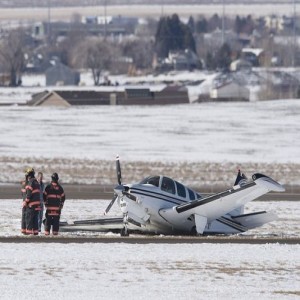
Wednesday Oct 28, 2020
NTSB Still Not Onsite, CO Pilot Makes Up the Rules
Wednesday Oct 28, 2020
Wednesday Oct 28, 2020
Episode 43
The NTSB is still not doing onsite accident investigations...A pilot landing in Colorado decides to ignore the rules...Long-term health impacts of COVID could impact pilots, mechanics and flight attendants...Greg and John focus on these topics in their latest episode.
A recent accident in Buffalo prompted two senators to write a letter to the NTSB asking for an onsite investigation. The Board responded that they are not visiting accident scenes and deferred to the FAA for on-scene information gathering.
Greg and John continue to call on the NTSB to do its mandated job. They discuss the impact on aviation safety now and into the future.
This episode also analyzes a midair collision involving a Beech A36 Bonanza and a Robinson R44 Raven II in 2018 at Northern Colorado Regional Airport. The Beech pilot chose to set aside the rules and flew over the Robinson with disastrous results.
They wrap up with a discussion of COVID. People with even minor cases are reporting loss of taste and brain fog. Sense of smell is important to just about every aviation role on the ground
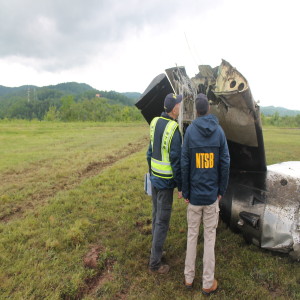
Wednesday Oct 14, 2020
Is the NTSB Obsolete?
Wednesday Oct 14, 2020
Wednesday Oct 14, 2020
Episode 42
The NTSB is considered a non-essential service and on-site accident investigations have been suspended during COVID-19. With no one on site to gather facts and evidence, John and Greg ask if the NTSB is needed anymore.
Even before the pandemic, the agency had an increasing case backlog. Reports that have been issued recently are incomplete and offer scant safety insight.
John and Greg find the recent NTSB reports inadequate to identify risks and determine effective mitigation. The reports lack the evidence to support the stated probable causes and offer little safety insight.
As John and Greg celebrate the one-year anniversary of Flight Safety Detectives, they use their straight-talking platform to call out the agency they have both proudly served for failing to do its job.
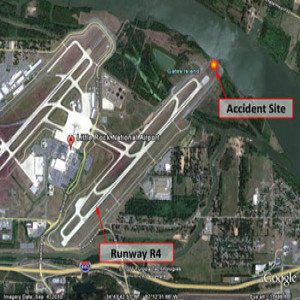
Wednesday Oct 07, 2020
Episode 41 - End of a Long Day and Weather Add Up to Disaster
Wednesday Oct 07, 2020
Wednesday Oct 07, 2020
Greg and John examine the transcript of the cockpit voice recorder from American Flight 1420, a MD-80 that crashed at Little Rock Airport in 1999. Greg served as the NTSB investigator in charge (IIC) and John was part of the headquarters support team.
The 30-min recording reveals the pilots were racing the weather as well as fatigue from a long workday. John and Greg walk through the conversation reflected in the recording, highlighting how different decisions could have changed the deadly outcome.
They offer insights beyond the words of the transcript. What isn’t said and done is as compelling as what is documented in the CVR.
Greg and John discuss the process of looking at the aftermath to determine the cause and what could be learned. Findings led to checklist and operational procedures changes as well as configuration updates at the Little Rock airport.


Wednesday Sep 30, 2020
Assumptions and Expectations Can Kill
Wednesday Sep 30, 2020
Wednesday Sep 30, 2020
Episode 40
Assumptions and expectations in all roles in aviation often lead to the most serious accidents. John and Greg share anecdotes that illustrate the point.
This is a trying time for air travel and air safety. Greg and John are frustrated by the growing number of accidents that are not being investigated by either the NTSB or FAA. They wonder out loud why investigators, who have ample biohazard training, are not able to visit accident scenes to do their job?
Special focus is on American Flight 1420, a MD-80 that crashed at Little Rock Airport in 1999. Greg served as the NTSB investigator in charge (IIC) and John was part of the headquarters support team.
Listen to this wind up to Episode 41, which will dissect the cockpit voice recorder recovered from the Flight 1420 crash site.
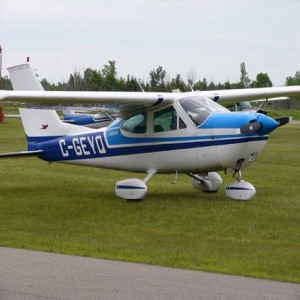
Wednesday Sep 23, 2020
Accident Shows Importance of Pilot and Mechanic Communication
Wednesday Sep 23, 2020
Wednesday Sep 23, 2020
Episode 39
John and Greg often make the point that flight safety involves both hangar and cockpit. This episode illustrates the point.
They walk through an accident involving a Cessna 177 Cardinal. The plane was in for annual maintenance. Although the mechanic had signed off in the logbook, the final run up was not completed before the pilot retrieved the plane.
The plane crashed shortly after takeoff. The investigation found no oil left in the engine. A loose oil cooler line suspected.
John and Greg highlight the need for mechanic and pilot to share information. Each individually has due diligence responsibilities as well as a shared responsibility to communicate.
This episode includes a big announcement. Avemco Insurance Company has joined the Flight Safety Detectives team as a primary sponsor!
